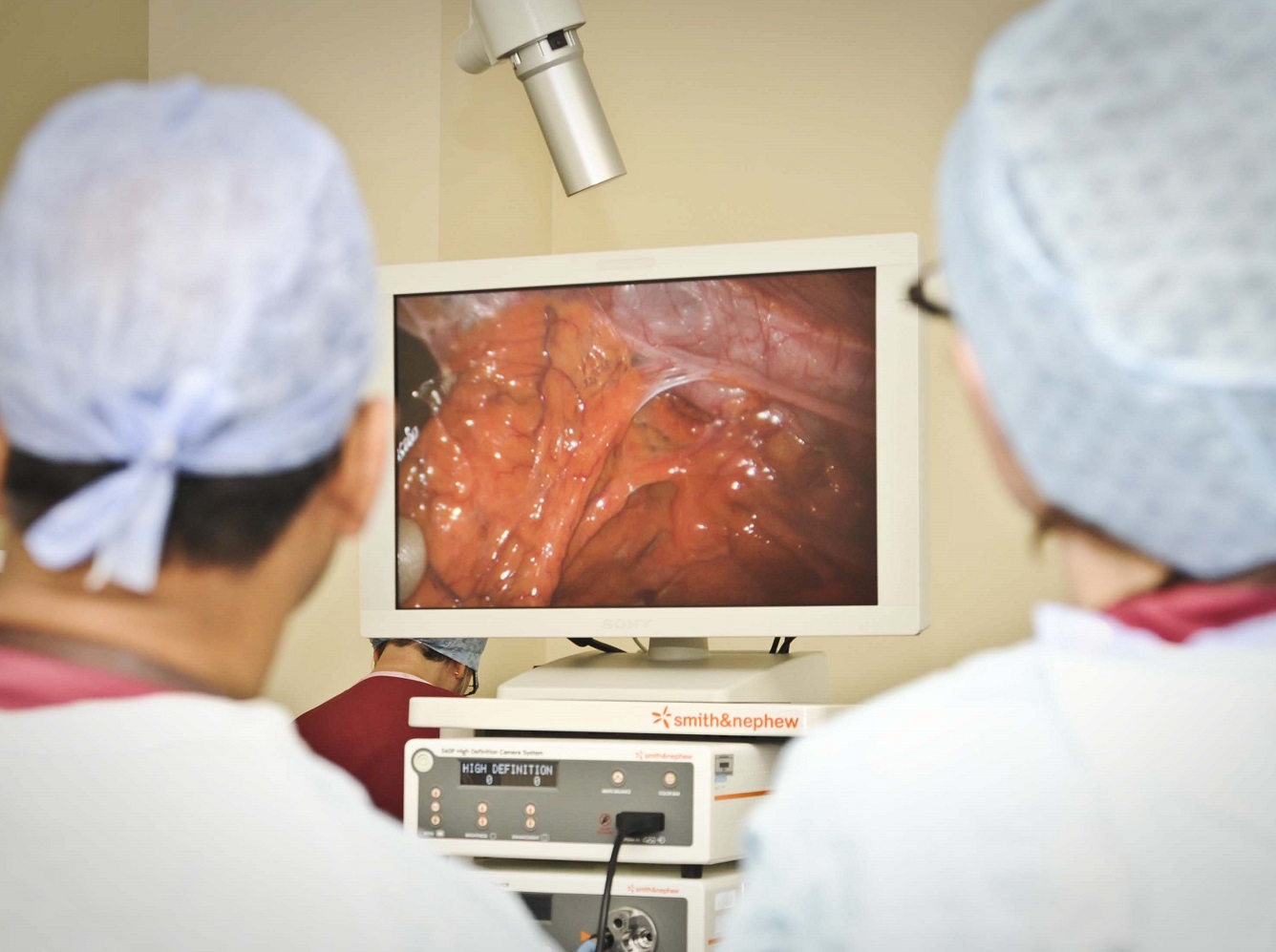NIHR BTRU in Organ Donation and Transplantation
Jointly partnered with the University of Cambridge and Newcastle University.
The aims of this BTRU are to increase the number of organs available, improve long-term outcomes and improve quality of life after transplant.
There is a wide range of work involved but examples include:
Enzyme research
This work will trial the use of enzymes to remove blood group A and B antigens from donated organs during machine perfusion, to create universal donor O type organs. This could transform clinical practice and especially benefit ethnic minority groups who currently have reduced access to transplantation due to high prevalence of blood group B.
 Image analysis research
Image analysis research
Increasing the use of donated organs through image analysis.
This work will further develop an app which can rate the likely performance of an organ based on its appearance – for example, how much fat there is on a donated liver – giving a prediction of the transplant outcome.
Kidney transplant rejection research
This research will look at reducing the risk of longer term rejection in kidney transplants.
Kidneys need matching by tissue type as well as blood type, but research has shown there can be variation in compatibility down to the molecular level.This increases the risk of rejection and the need for immunosuppressants, which have potentially damaging side effects.
The team has developed an algorithm to improve tissue matching at the molecular level and will now work with NHSBT to incorporate it into the UK Living Kidney Sharing Scheme.
Further information
The Director of the BTRU is Professor Michael Nicholson of the University of Cambridge and the NHSBT Lead is Professor Lorna Marson, Associate Medical Director for Research & Development.
For more details, contact research.office@nhsbt.nhs.uk
